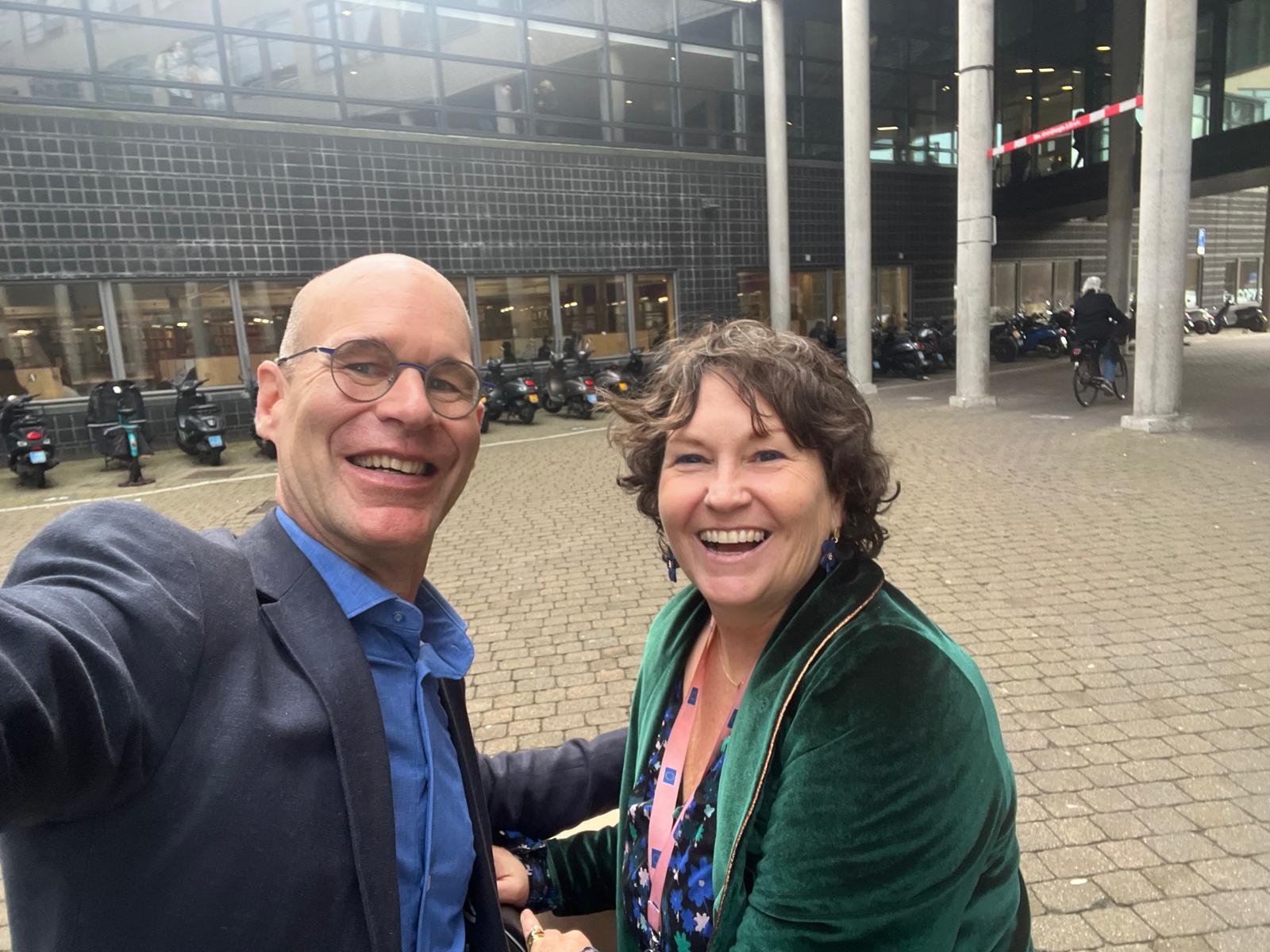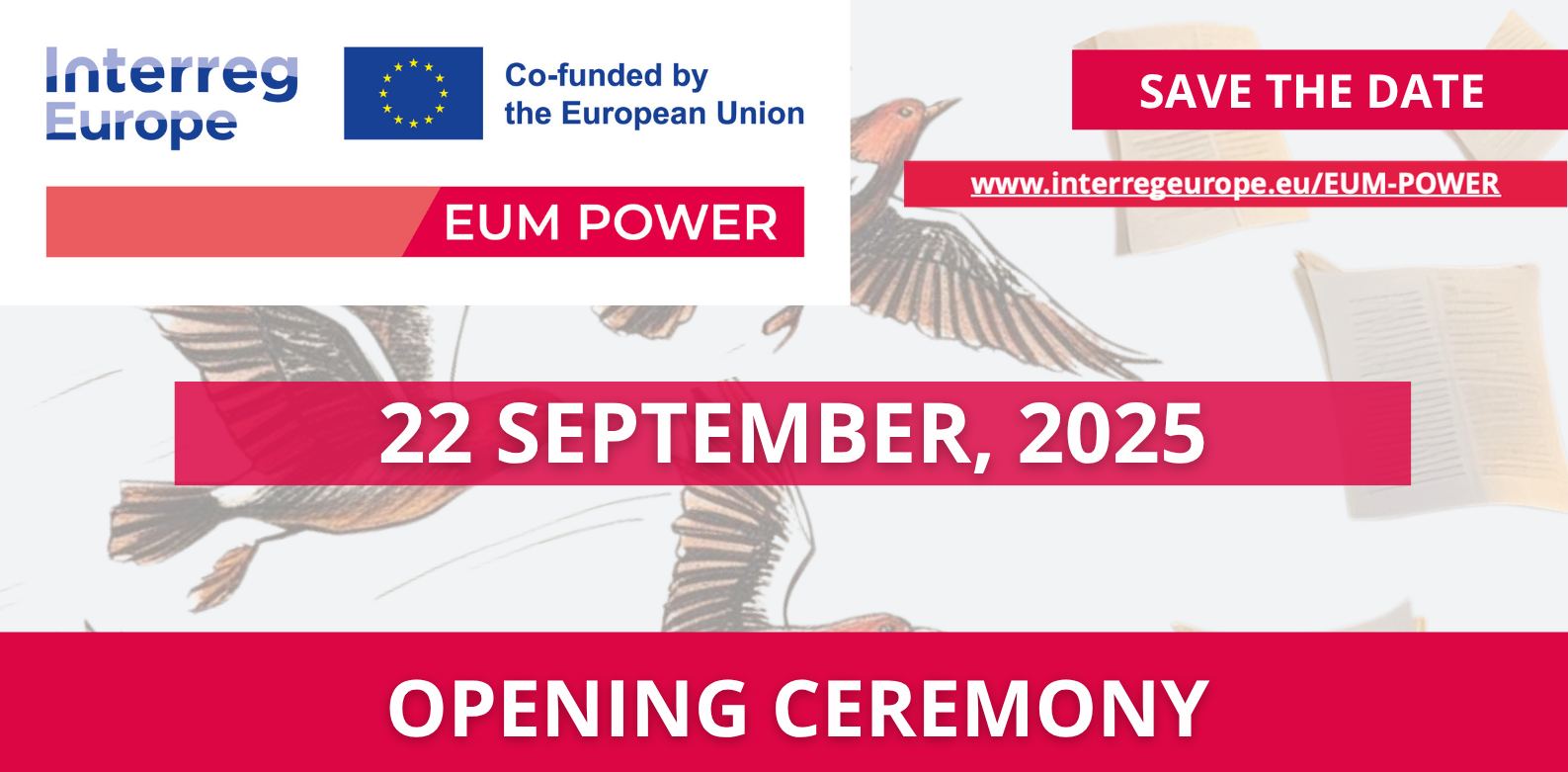Why is disinformation a problem?
Disinformation about the new pension system, about social benefits, and even about issues that are not up to the Ministry: it is something the SZW communications team encounters daily. And that raises a difficult question: how do you deal with it?
Following a series of interviews with experts – ranging from academics to civil servants at European institutions, where disinformation is a major concern – and a deep dive into the literature, Caroline and Theo, who both teach in Public Administration and Governance at The Hague University of Applied Sciences, are now able to offer concrete advice.
From theory to practice
As an example from the practical guide they are developing, they introduced the so-called 'hamburger method', adapted from the Ministry of the Interior's official Debunking Handbook. This approach consists of three steps – or layers:
1) Present the facts
2) Refutethe disinformation with arguments
3) Reinforce the correct facts
Theo: "Perhaps the most important thing is to focus on what you want to communicate. Never let misleading information be the starting point of your message – that only amplifies it."
The disinformation research project
The applied research carried out by Caroline and Theo over the past year focused on how to regulate and minimise the impact of disinformation, always with practical relevance as the key priority. Events like this lunchtime lecture allow them to test whether the toolkit currently in development truly meets the needs of professionals in the field.
Earlier in the project, they hosted an event with fact-checkers who shared how they distinguish false information from facts. After the summer, the duo will present their training methodology, followed by the official release of the full toolkit in the autumn.
Curious to see how it develops? Subscribe to our newsletter to stay updated on the toolkit, training sessions, and other ongoing projects.






















































